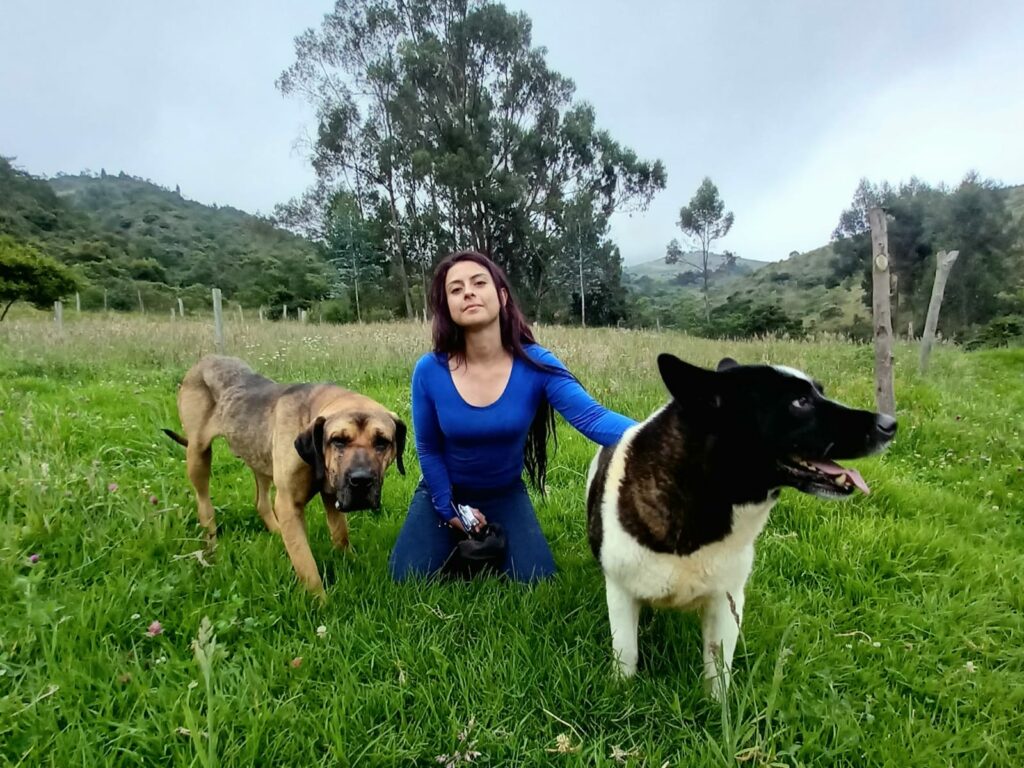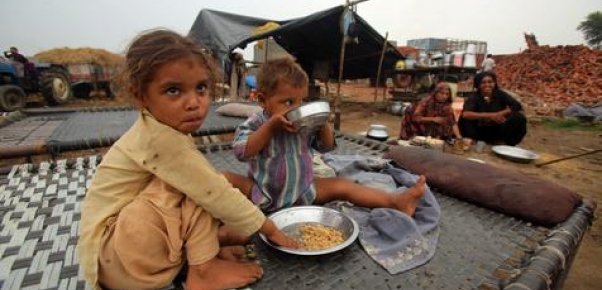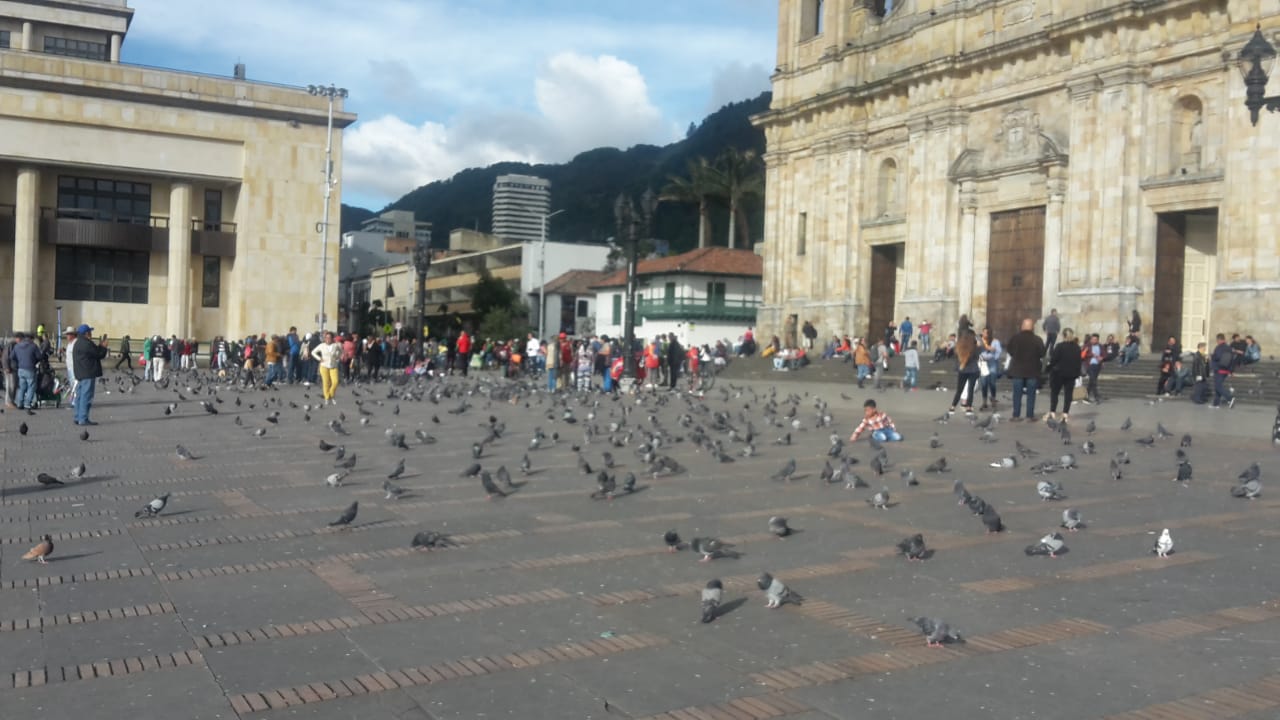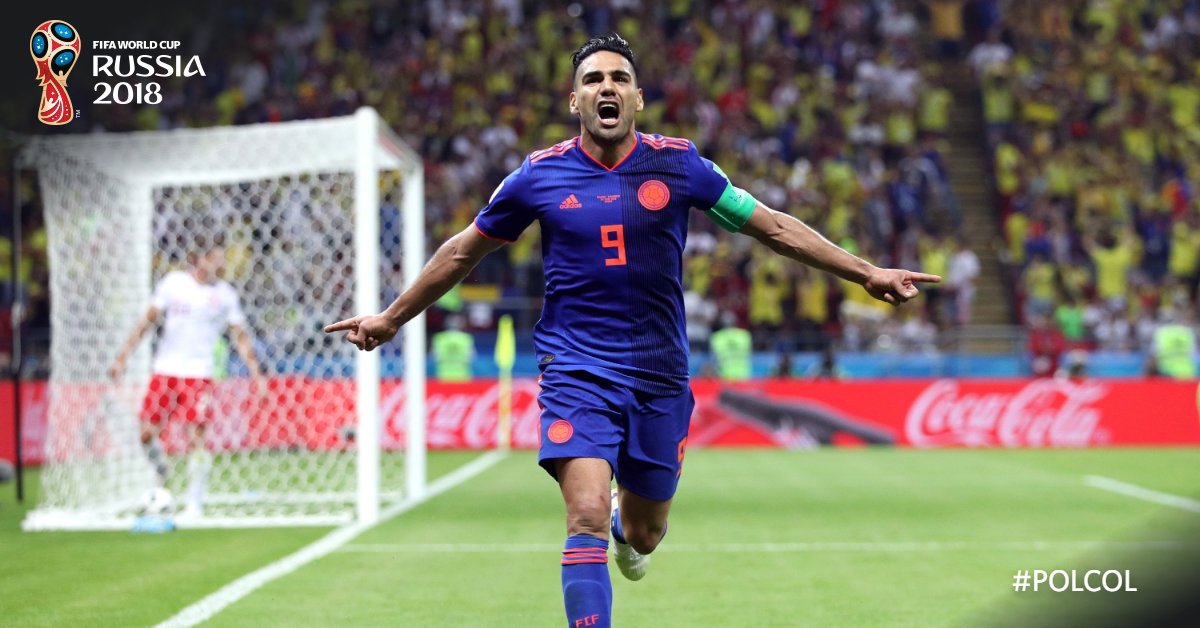We speak to the founder of a refuge that houses some of the city’s worst treated abandoned animals.

The story behind Fundación Misión Animal started when Ivonne Lula began rescuing mistreated and abused animals she encountered on the streets of Bogotá. Since then the foundation has grown in both size and vision. Currently, she has 123 animals dependent on her – including dogs, cats and other wildlife. Many are animals the district refuses to collect for financial reasons.
Her goal is not only to provide refuge for animals which would have little opportunity for a normal adoption but also to revolutionise animal welfare education in the wider community of Bogotá.
“We try to alleviate the pain and save the lives of animals who have fewer opportunities,” Ivonne explains, often lovingly referring to these animals as “her sons.” It is clear from her work Ivonne has more love in her heart to give than most. From the age of six she had been rescuing strays, slowly creating what today is Fundación Misión Animal.
But as big as Ivonne’s heart may be, her task remains enormous, with an estimated 90,000 stray dogs and cats in Bogotá at any one time. She currently works alone, and cares for animals with some of the most difficult health complications and worst cases of neglect imaginable.
Her voice falters as she tells me that many of the animals that arrive at the foundation are those with terminal illnesses or severe behavioral problems. Some with “complete loss of some organs, with complete loss of limbs – those are the ones that become part of Misión Animal,” she says. According to Ivonne, these are some of the hardest animals to find adoption for, due to the lengthy and expensive rehabilitation process they need. Human preference also plays a role; Ivonne often struggles to find adoption for big, black dogs.
Ivonne believes change needs to happen at both a human and institutional level. In her experience, there’s a lack of commitment and an unwillingness to help. Ultimately, she believes humans need to change their perception. Rather than seeing animals as a problem to solve, she wants people to recognise that humans need animals as much as they need us.
She also complains of corruption, saying it stops money from going towards animal welfare as intended. “The biggest threat is the corruption of the public organizations which manage resources for animals in Bogota,” she said. Ivonne believes these institutions are not really on the side of animal welfare, and as a result investment is often delayed and euthanasia is a favoured solution.
Colombia’s animal welfare laws
There has been progress for animal welfare laws in Colombia, such as the 2016 modification to the Animal Protection Statute. This finally recongnised animals as sentient beings and brought in tighter punishments for animal cruelty. But, as is often the case in Colombia, implementation is an issue.
Ivonne is not the only one who’s frustrated by a lack of progress. In September 2019, protesters, accompanied by their furry friends, took to the streets of 11 different cities across Colombia to demand politicians implement tighter animal protection laws. Marchers echoed Ivonne’s sentiments, chanting, “We are the voice of animals.”
In practical terms, Ivonne suggests improved laws for animal welfare at a national level would give animals the protection they need. But for the everyday person, she suggests continually looking for how we can educate ourselves about our environment and animal welfare.
What keeps Ivonne motivated? Her biggest reward is the love the animals give to her. “We don’t have money but we help and are helped,” she explains. Despite financial struggles, her outlook for the future of the foundation remains optimistic. Ivonne hopes to make the shelter self-sustainable, so she can reinvest in the foundation and fulfill her dream of having their own land to establish themselves.
What you can do to help
Adopting is one of the best ways to help out the Fundación Misión Animal. There is a real need to adopt older animals or those with behavioral issues.
If adoption isn’t right for you, the foundation also welcomes donations. Ivonne recommends either monetary gifts or good quality items such as food or equipment.
Details for both adoption and donations are available at the foundation’s Instagram and Facebook pages:





